Why bitcoin is becoming centralized
Bitcoin revolution has promised a new era of decentralized payments, where centralized banks/actors are unnecessary as middlemen. However…
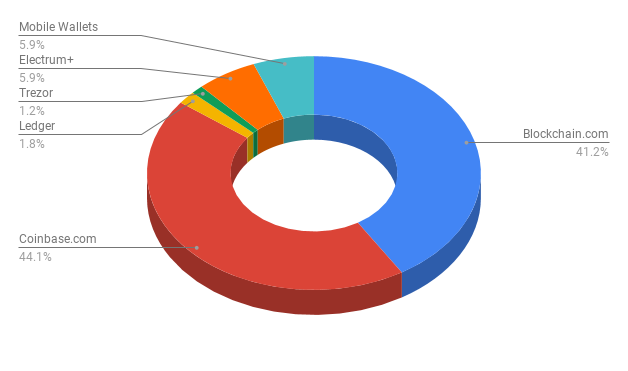
Bitcoin revolution has promised a new era of decentralized payments, where centralized banks/actors are unnecessary as middlemen. However, this promise is continuing to fade! Bitcoin ecosystem is now controlled by few large companies that are signing up thousands of users each day. Let us try to understand why this is happening by looking at the history of an analogous decentralized protocol
Internet — A Decentralized Information Network
Back in the 1990s, when IP addresses were freely available, you could connect to the core with a small PC in your basement and had to spawn a UNIX client to send mail

The dotcom boom spawned thousands of website overnite. People just couldn’t get enough of the it. Most of them had servers in their home offices / garages

The clout of the Cloud
As data center software and website usability increased, people realized it was much easier to login to gmail service rather than host a mail server. Even late in 2000s, companies had huge server rooms that were powering the companies websites and mail services

AWS services/virtualization disrupted the ecosystem in such a way that even data/privacy focused companies start moving to the cloud. The cost saving was just too much to ignore. You could spawn a new server to handle load in just minutes, instead of waiting to buy a server rack and manage that.
Today Google and Facebook now have direct influence over 70%+ of internet traffic
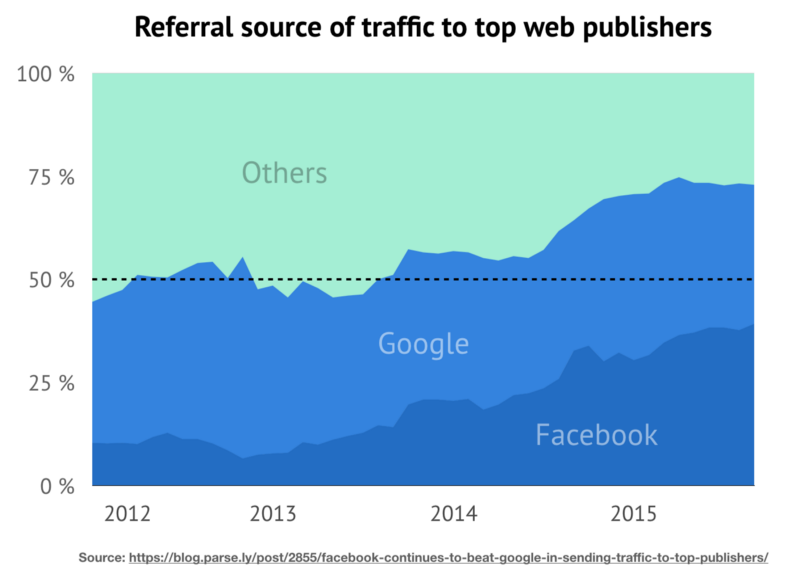
André Staltz wrote in 2017, how
The Web began dying in 2014
The third major major power controlling the internet is Amazon. To paraphrase the German statesman Klemens von Metternich,
When Amazon sneezes, the Internet catches a cold.
The outage in 2017 stemmed from a problem with Amazon’s popular cloud service Amazon Web Services that affected a big portion of its S3 system, one of AWS’ storage systems. That ended up being a big deal because Amazon has about 42% of the cloud market by revenue, according to the market research firm Forrester.
Staltz suggests that the growing influence of the three tech giants has made people forget what the internet was like, with the ability to remain anonymous “or how easy it was to start an internet startup with its own independent servers operating with the same rights Google servers have.” Because of the control the companies have over servers, accounts and networks, he fears that they could in theory deny people access to swaths of the net, and things they currently take for granted.
He concludes,
The web and the internet have represented freedom: efficient and unsupervised exchange of information between people of all nations
In a sense, we have we have lost freedom and don’t realize it until the benevolent rulers turns rogue
Bitcoin — A Decentralized Currency
If the story of internet, moving from computer in a basement to cloud gives you a sense of déjà vu; you probably thought of bitcoin mining. What started as few people mining using their home computer, has tuned into a activity which only the rich and crazy can dare to attempt
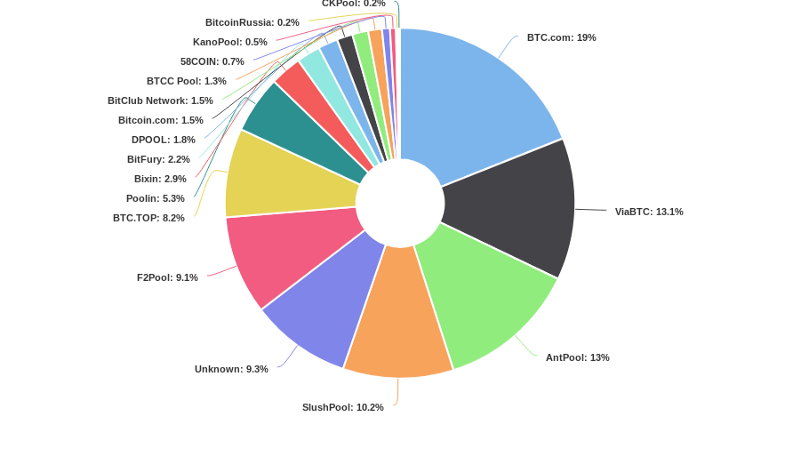
Oh, you would say mining really doesn’t matter. The real thing that matters is the nodes on the network, because nodes could reject any bad blocks by miners.
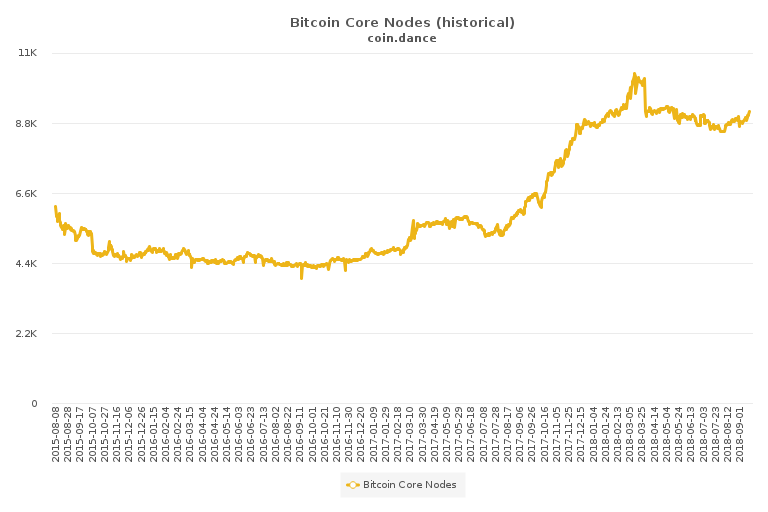
The current number of bitcoin nodes is notoriously low at 9174. The main reasons for this is no direct economic benefit of running a node. While a node could run as a wallet, an SPV wallet can be run at much cheaper cost without sacrificing much privacy/security. However, during UASF controversy people it was pointed that number of nodes of don’t actually matter
It is economic weight these nodes stand for that is actually matters
So a node of a company like BitPay.com / Blockchain.info has much more clout than your node.
A major factor currently is the Distribution of wallets.
Electrum+ denotes electrum and other desktop wallets. The figures are very rough estimations and have been collected from various sources [1][2][3][4].
We can safely say, together Coinbase and Blockchain control more than 70% of bitcoin wallets
These two corporations have disproportional influence on the bitcoin ecosystem and are vulnerable to government controls/management goofups/security attacks.
Most bitcoin fanatics / maximalists (read trolls on /r/bitcoin) will slam the web wallet users for their naive behavior / lack of intelligence. However, it is also necessary to examine what is driving this behavior. This is the same behavior that has propelled the centralization of Internet:
- Order of preference — Usability > Managing Risk > Decentralization :
Users really don’t care about decentralization, that is the truth. What matters is how easy they can get onboard and use the system. Managing private keys and storing amounts of money in BTC isn’t for the faint hearted. People would rather trust a large corporation with their money and sue the company later if shit happens. It gives a human reassurance that million others are using the same service. Group failure is form of validation
If I lose money, millions of other will too - Downloading software is not in vogue:
Everything happens on web, the days of downloading software are almost over. Same for mobile applications. A survey shows majority of US consumers still download zero apps per month. - Less options is better:
Most wallets give user many options — to use Segwit/Legacy? What fee to use ? To use RBF or not ?
Technical options are turn off to the new user. He doesn’t have time to read what is segwit and why it matters in his life. - Exchange + Wallet Combo:
Web wallets that also allow users to buy/sell bitcoin are like a Big Mac Combo with Free Coke! Difficult to say no to that! A newbie has to sell fiat to start using bitcoin and there is no reason for him to go somewhere else when everything is available at one place. Such web wallets hold an inherent advantage and it is difficult for a hardware/desktop wallet to compete with that
It has to noted that the order of preference reverses in case of dark market / libertarian users of bitcoin. They don’t mind spending time/extra dollars to keep their activities private. However, the market share of such users still remains low.
Bitcoin ecosystem has continued to evolve from its primary stages analogous to the Internet. Large Internet companies as well as bitcoin companies are vulnerable to centralized attacks. While most users could forgive loss of private data; in case of bitcoin , billions of dollars are directly lost. It is necessary to understand user behavior and to wean them away from centralized actors


![Top 10 Tools and Resources for Crypto Research [2021]](/content/images/size/w720/max/800/1-kDyyUnRCD656bm2ny-jHag.png)
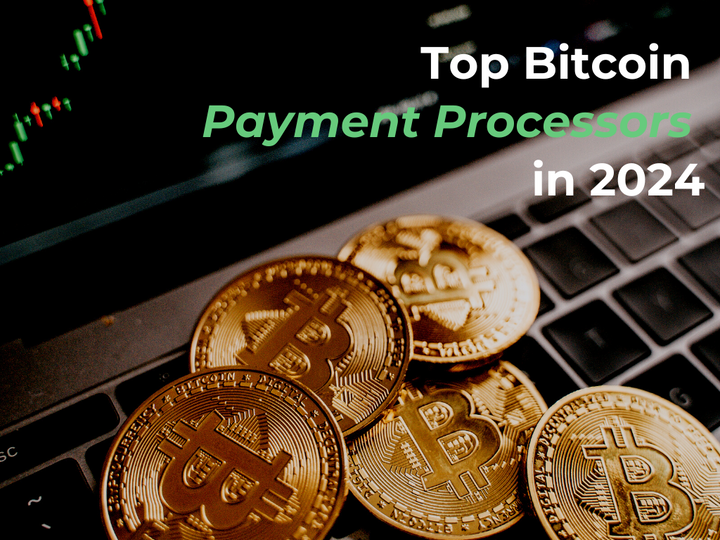
Comments ()